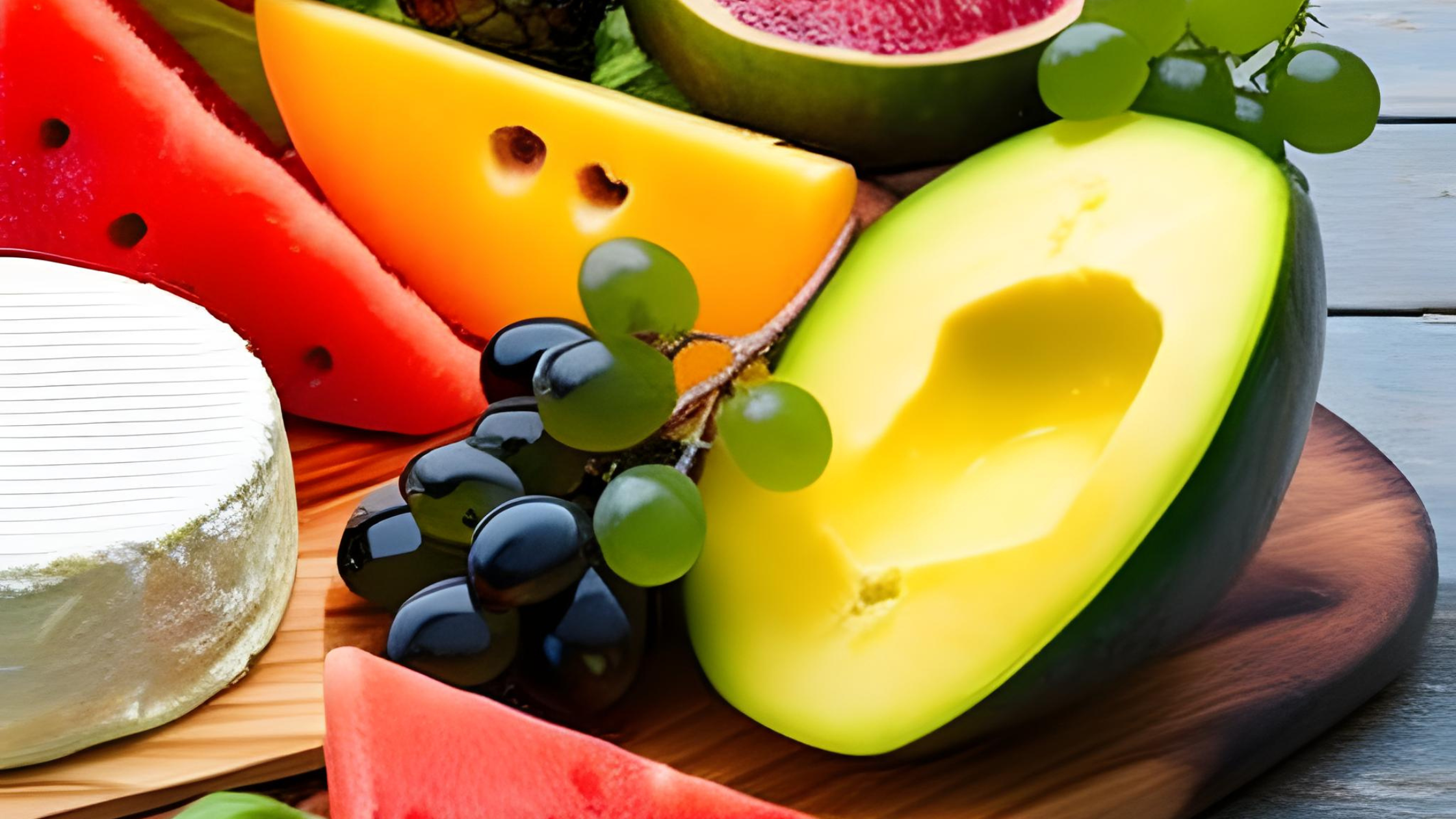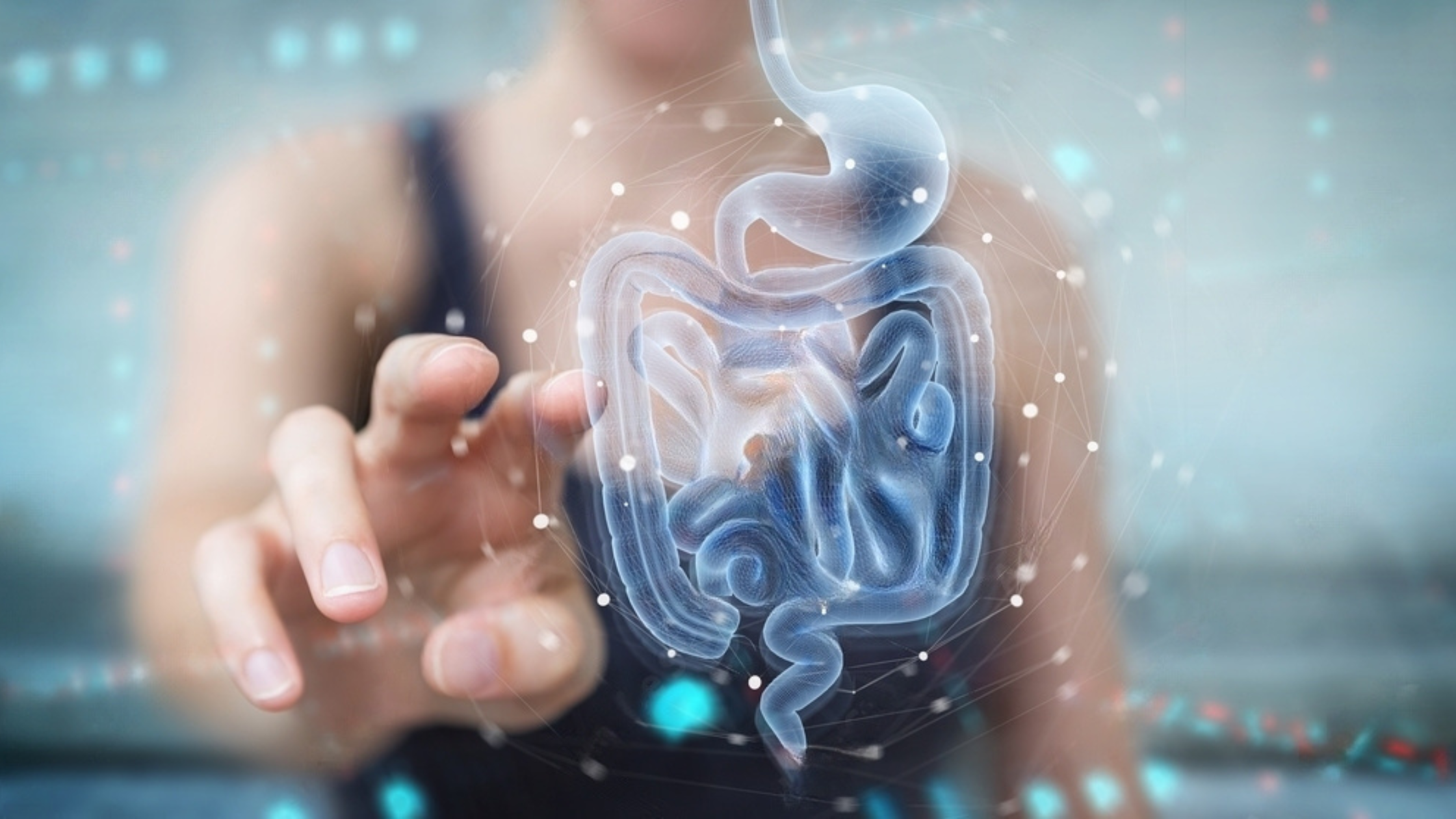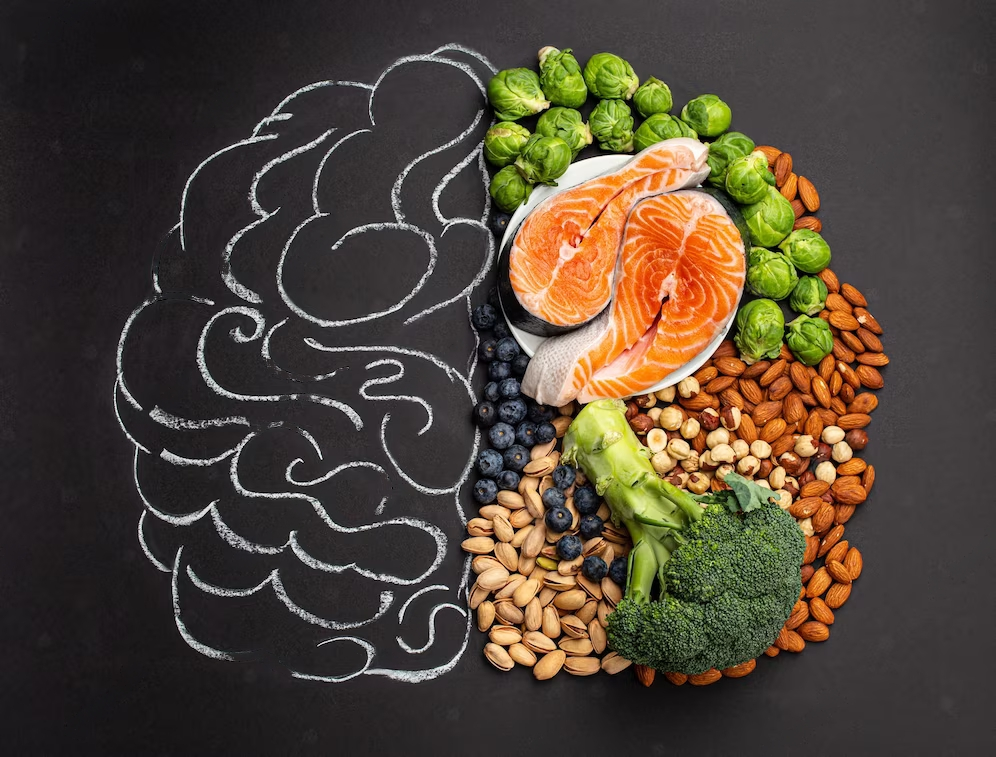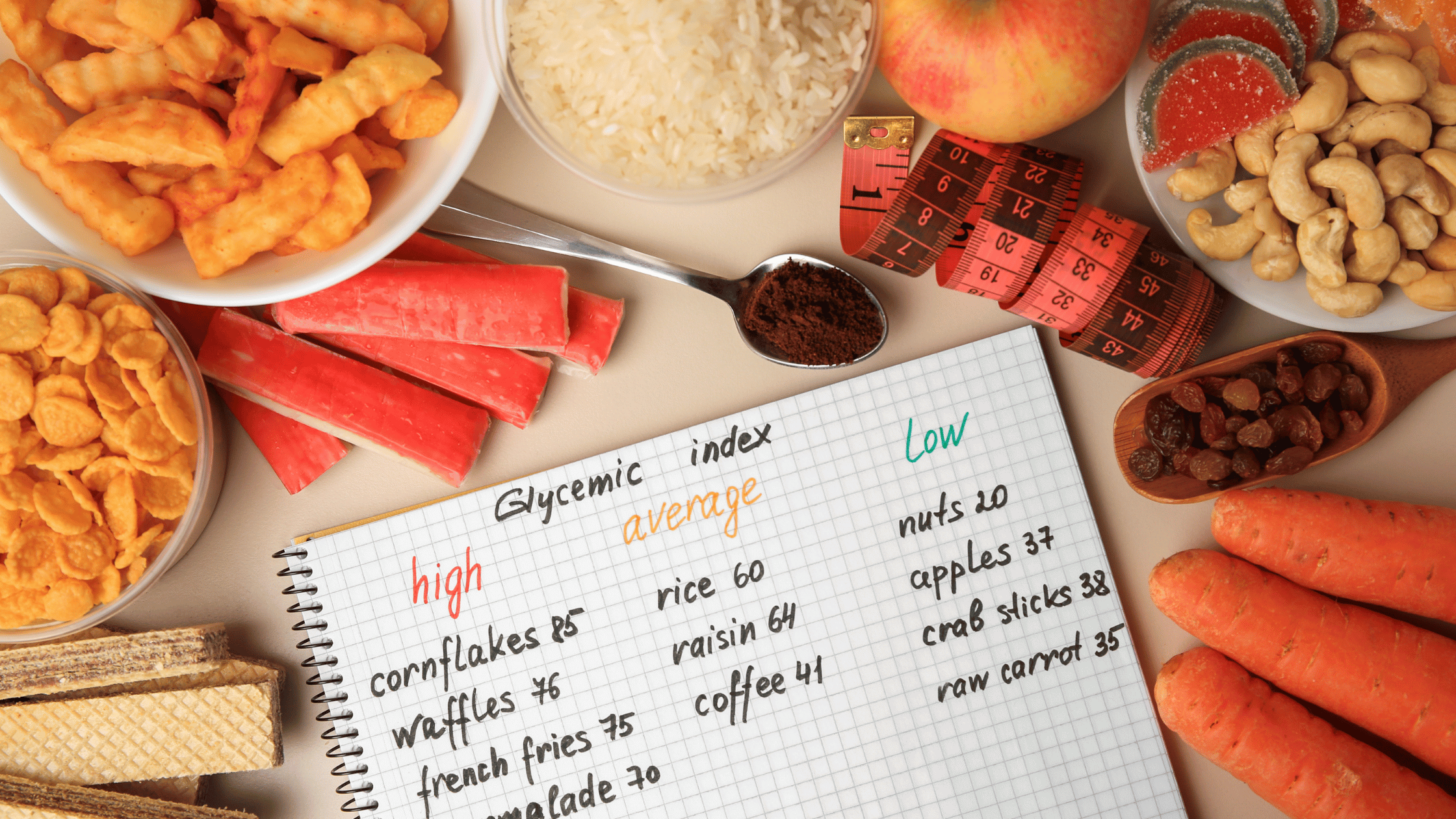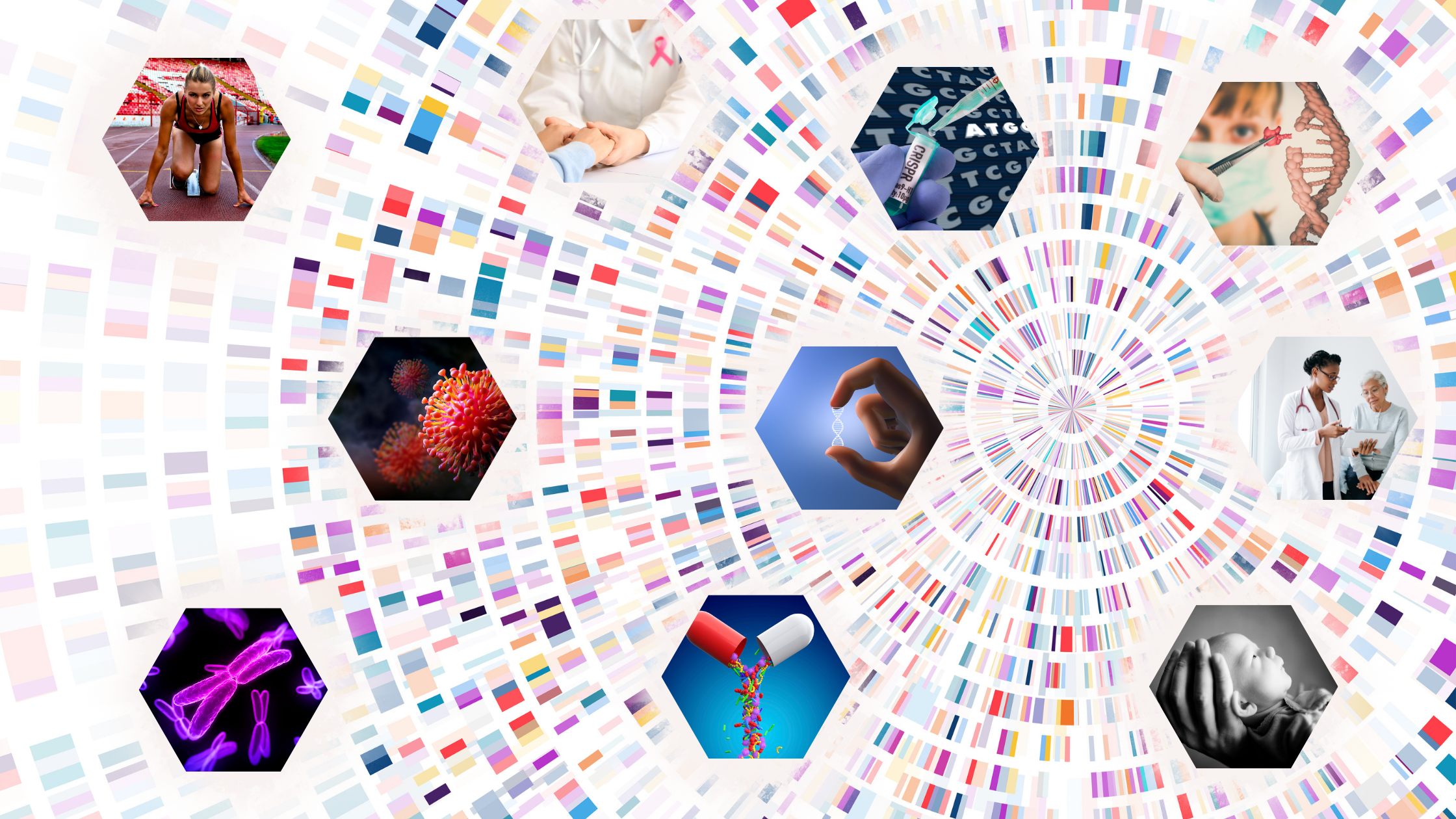"Why Are You So Picky? The Science Behind Selective Eating"

Being a picky eater as an adult isn't uncommon, but is it etched into your DNA blueprint? Some people argue that food preferences are all about habit, while others are adamant that sensitivity to taste is the source. Science may offer deeper insights into the genetics of your food preferences.
Why Do Some Adults Have More Selective Eating Habits Than Others?
Picky eating is significantly more complex than you might think. It’s also important to note that it isn't always a bad thing. However, it's often true that people with selective eating habits are particularly turned off by fruits and vegetables. Unfortunately, this means they typically consume less of these nutritional powerhouses.
That said, individuals with a picky palate tend to gain less enjoyment overall from food compared to their non-fussy counterparts. Studies also show that because highly selective eaters eat fewer foods and consume fewer calories, they sometimes have a lower body weight. However, other studies suggest the opposite—that picky eating could lead to obesity.
Some reasons adults might display picky eating behaviour are:
Sensory issues around the colour, taste, and texture of specific foods
Anxiety around the unknown makes the experience of trying new foods unpleasant
Traumatic experiences involving food during childhood
Taste buds accustomed to highly palatable processed foods, which typically contain lots of fat and sugar, can make healthy foods seem bland.
While many of these traits have a genetic foundation, picky eating isn't hard-wired into your DNA. Still, it’s worth delving into the science behind it.
Genetics of Being a Picky Eater
Of the thousands of genetic markers related to picky eating, two are particularly interesting. Adult picky eaters are thought to have developed this trait in childhood, but it isn't all about taste; it's also down to how that child interacted with their caregivers—nurture’s influence over nature.
Studies show that the gene TAS2R38 is related to showing a preference for a limited number of foods. For example, think of someone who rotates through a few different meals each week.
The other gene, CA6, is specifically related to power struggles associated with meal times. In other words, for some children, refusing to eat certain foods is more about asserting themselves than disliking certain food groups. Either way, people who get into these habits with food during childhood can bring them along into adulthood.
Intriguingly, both the CA6 and TAS2R38 genes might also be associated with bitter taste perception. While children who have a sensitivity to bitter tastes are more likely to develop a preference for sweet, sugary food and drink, adults with the same sensitivity are usually able to overcome it.
Delving deeper into bitter tastes, two specific chemical compounds impact flavour sensitivity: 6-n-propylthiouracil (PROP) and phenylthiocarbamide (PTC). Both are responsible for the bitter flavours of food (and drink) like coffee and green vegetables, such as sprouts and kale.
Whether a person tastes the above compounds is genetically determined, but this still doesn't dictate picky eating in adults. We know this because mothers and their children were tested, and moms with the same genotypes as their babies didn't always display the same aversions to food.
What Else Does Science Say About Adult Picky Eaters?
Beyond genetics, environmental factors play a large role in fussy eating habits. Variations in the following influences, which start from birth, are likely to impact the development of a person’s palate over time:
- Breastfeeding
- Age of introduction to solid foods
- Parenting styles
- Mealtime strategies
- Socioeconomic status
- Exposure
So, is it possible for a picky eater to change their ways? Yes. The most important thing science says about picky eaters is that a person can train their palate to be more welcoming regarding healthy foods. This is because as people age, the environment has a stronger influence on eating habits than genetics. Of course, picky eaters who are happily fulfilling their nutritional needs don’t need to make any changes unless they fancy more variety on their plate.
Interesting Insights About Picky Eating
- One study goes into detail about how you can mitigate picky eating using behaviour modification and some culinary tricks. Here are a few examples:
- Mask the bitter taste of vegetables using a variety of seasonings such as salt, pepper, ginger, garlic, parsley, and onion.
- Pair veggies—like carrots and broccoli—with low-fat dips or sauces that the picky eater finds delicious.
- Make a conscious effort to regularly try new foods—or give items you didn't like as a child a second chance.
- Reduce the amount of sweet, fatty foods to retrain your taste buds.
- Change the order in which food is consumed—eat "healthy and fresh" before "processed and palatable."
Picky eating has its roots in childhood, but the habits and preferences you developed as a kid don't have to endure into adulthood. With a little experimentation, it's perfectly possible to enjoy a more diverse and healthier diet.
Got a taste for learning more about how genes impact your eating habits—and much more? Keep reading our blogs!
References:
Benish, and Jeong-Hwa Choi. “Bitter Taste Receptor TAS2R38 Genetic Variation (rs10246939), Dietary Nutrient Intake, and Bio-Clinical Parameters in Koreans.” Clinical Nutrition Research. January 26, 2023. https://www.ncbi.nlm.nih.gov/pmc/articles/PMC9900072/.
Dubois, Lise, Maikol Diasparra, Brigitte Bédard, et al. “Genetic and environmental influences on eating behaviours in 2.5- and 9-year-old children: a longitudinal twin study.” The International Journal of Behavioral Nutrition and Physical Activity. December 7, 2013. https://www.ncbi.nlm.nih.gov/pmc/articles/PMC4029536/.
Ellis, Jordan M., Hana F. Zickgraf, Amy T. Galloway, et al. “A functional description of adult picky eating using latent profile analysis.” The International Journal of Behavioral Nutrition and Physical Activity. November 6, 2018. https://www.ncbi.nlm.nih.gov/pmc/articles/PMC6220498/.
“Got a picky eater? How 'nature and nurture' may be influencing eating behaviour in young children.” ScienceDaily. October 3, 2017. https://www.sciencedaily.com/releases/2017/10/171003202915.htm.
Grulichova, Marketa, Daniela Kuruczova, Jan Svancara, et al. “Association of Picky Eating with Weight and Height-The European Longitudinal Study of Pregnancy and Childhood (ELSPAC-CZ).” Nutrients. January 19, 2022. https://www.ncbi.nlm.nih.gov/pmc/articles/PMC8839058/.
Handwerk, B rian. “Why Are You a Picky Eater? Blame Genes, Brains and Breast Milk.” Smithsonian Magazine. November 25, 2015. https://www.smithsonianmag.com/science-nature/why-are-you-picky-eater-blame-genes-brains-and-breast-milk-180953456/.
Kauer, Jane, Marcia L. Pelchat, Paul Rozin, et al. “Adult picky eating. Phenomenology, taste sensitivity, and psychological correlates.” Appetite. March 5, 2015. https://www.ncbi.nlm.nih.gov/pmc/articles/PMC8477986/.
Patel, Meera D., Sharon M. Donovan, and Soo-Yeun Lee. “Considering Nature and Nurture in the Etiology and Prevention of Picky Eating: A Narrative Review.” Nutrients. November 6, 2020. https://www.ncbi.nlm.nih.gov/pmc/articles/PMC7694604/.

The Gene Box





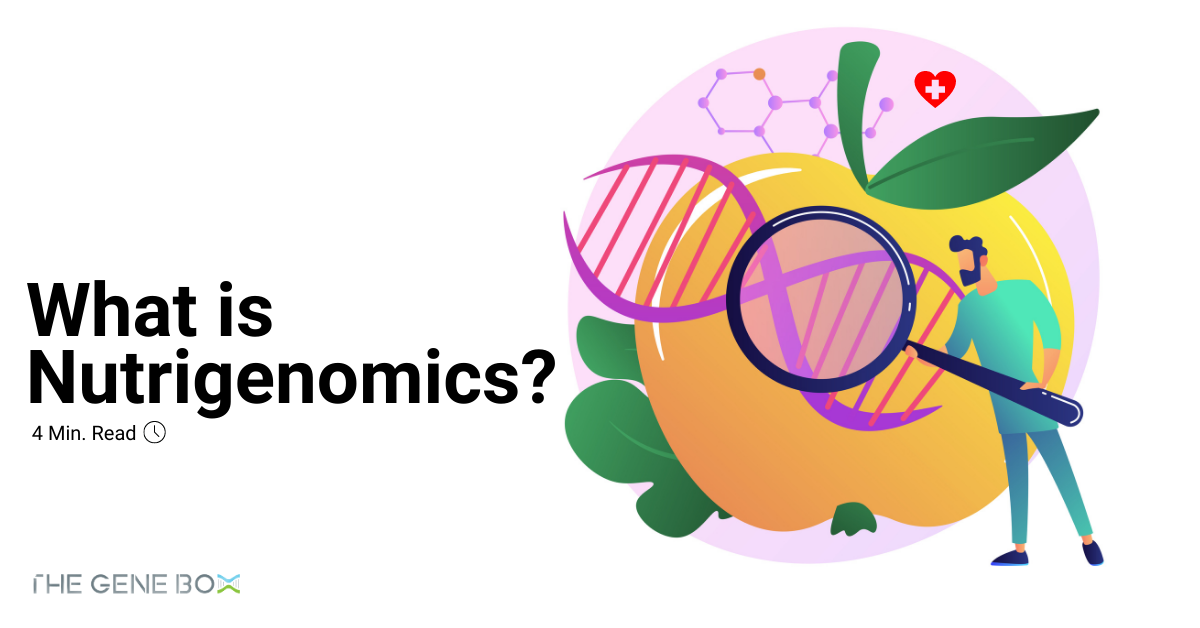


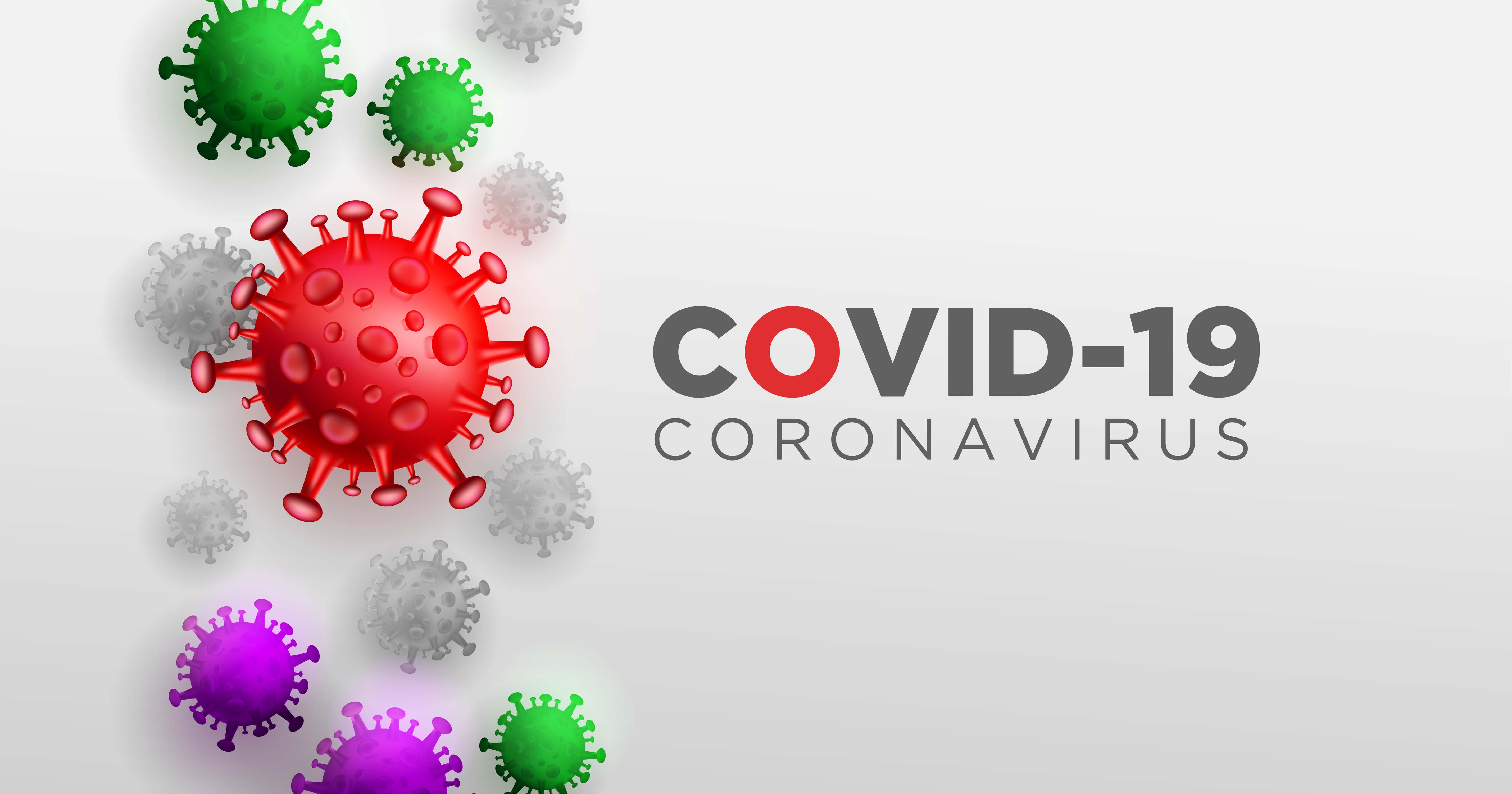
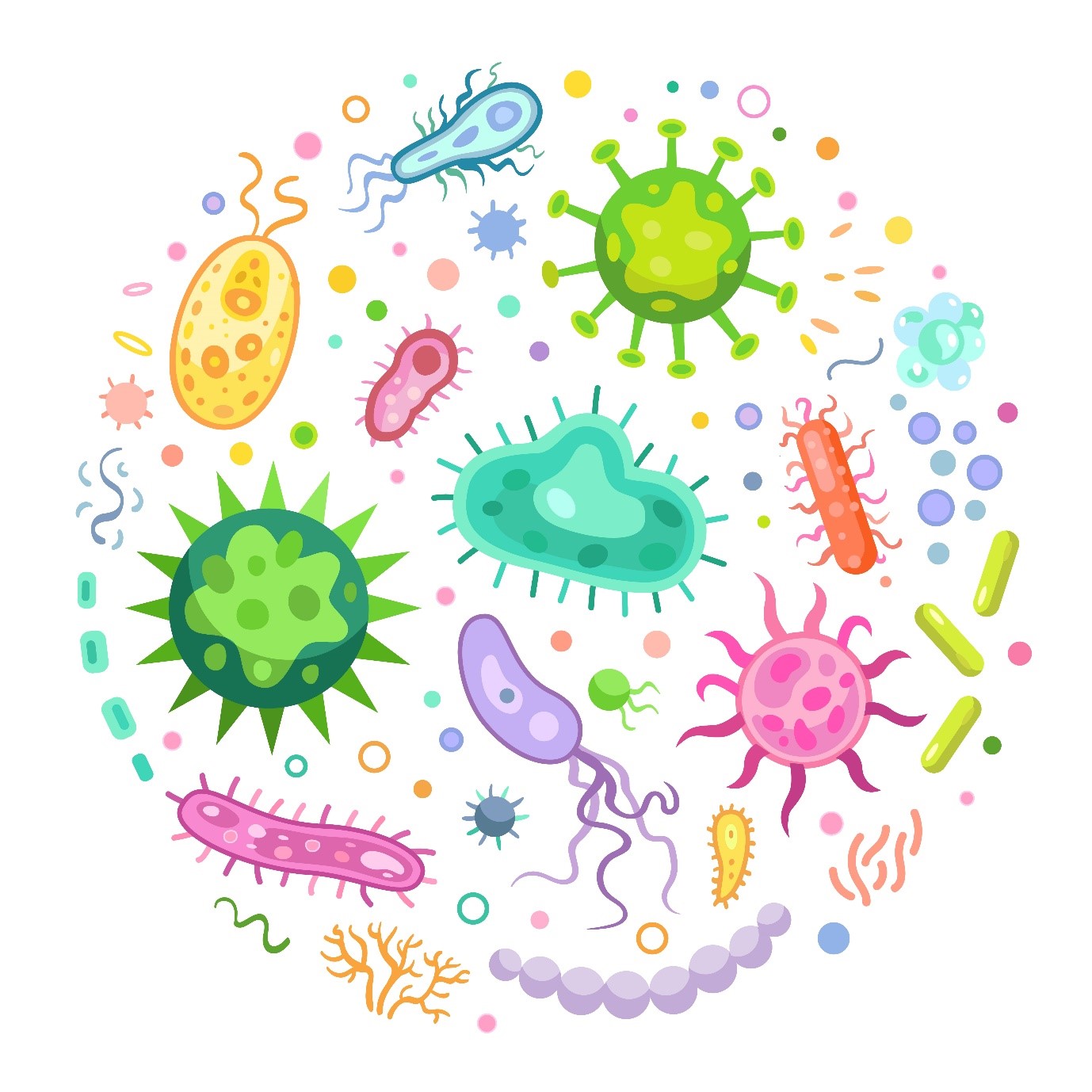

.png)



